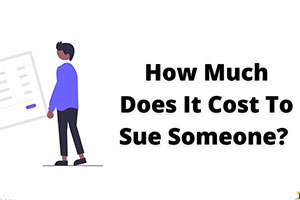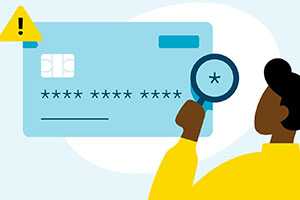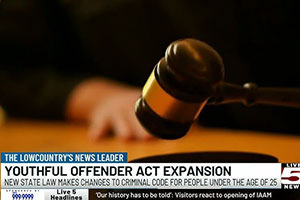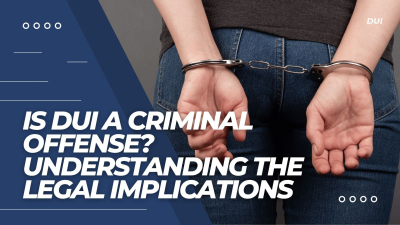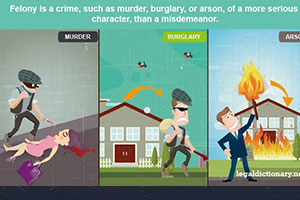Can You Get a U.S. Passport with a Felony? What You Need to Know
Criminal Law | by
The question of whether an individual with a felony conviction can obtain a U.S. passport is nuanced, with various factors that can impact eligibility. While having a felony conviction does not automatically disqualify you from obtaining a passport, certain felonies and circumstances may affect your application. To understand the implications of a felony conviction on passport eligibility, it’s crucial to consider the legal framework governing U.S. passports and the specific felonies that can lead to disqualification.
Understanding Passport Eligibility
The U.S. Department of State, responsible for issuing passports, adheres to specific regulations and criteria for passport eligibility. According to Section 51.60 of the Code of Federal Regulations (22 CFR § 51.60)1, the State Department may deny a passport if the applicant is subject to certain legal restrictions, including active arrest warrants, court orders, or travel restrictions.
While a felony conviction alone does not automatically render an individual ineligible for a passport, it may raise red flags that lead to further investigation. Applicants with a felony record may be subject to additional scrutiny to ensure that there are no outstanding legal issues or restrictions that would prevent the issuance of a passport.
Felonies That Disqualify You from Getting a Passport
Certain felonies can disqualify an individual from obtaining a U.S. passport. The following scenarios may lead to a passport denial:
- Outstanding Arrest Warrants: If you have an active arrest warrant for any felony, the State Department is likely to deny your passport application.
- Restrictions Imposed by Court Orders: If you are under a court order that restricts your ability to travel or leave the country, you will not be able to obtain a passport.
- Child Support Arrears: Under 22 CFR § 51.60(c), individuals who owe significant child support arrears (typically exceeding $2,500) may be denied a passport until the arrears are resolved.
Additionally, individuals convicted of federal drug trafficking offenses or those subject to certain conditions related to parole or supervised release may be prohibited from obtaining a passport. In these cases, the State Department relies on information provided by law enforcement agencies and other relevant authorities to determine eligibility.
It’s essential to understand that even if a felony conviction does not directly disqualify you from getting a passport, the presence of other legal complications related to that conviction may impact your application. If you’re uncertain about your eligibility, consulting with a legal professional who specializes in criminal law or immigration law is advisable.
Applying for a Passport with a Felony
Applying for a U.S. passport with a felony record requires careful attention to the application process and an understanding of the specific legal requirements. While a felony conviction may not automatically bar you from obtaining a passport, the U.S. Department of State may scrutinize your application to ensure that it complies with all relevant legal guidelines.
To apply for a passport, you must complete Form DS-11, the Application for a U.S. Passport, and provide the necessary documentation, including proof of U.S. citizenship, a valid government-issued photo ID, and recent passport-sized photographs. If you have a felony conviction, you must also ensure that you are not subject to any legal restrictions that would prevent you from traveling outside the country.
Supporting Documentation Required
If you have a felony record, be prepared to provide additional documentation to demonstrate that you are eligible for a passport. This may include court records, parole or probation documents, or other legal paperwork indicating that you have fulfilled the terms of your sentence and are not subject to any travel restrictions. It’s important to disclose any felony convictions on your passport application to avoid potential issues or legal consequences for providing false information.
What to Expect During the Application Process
Upon submission of your application, the U.S. Department of State will conduct a thorough background check. This check may include verifying your identity, checking for outstanding arrest warrants, and confirming that you are not subject to any court orders or other legal restrictions that would prevent passport issuance. If your application is denied due to a felony conviction or other legal issues, you will receive a written explanation detailing the reasons for the denial.
Exceptions and Special Circumstances
Certain exceptions and special circumstances may allow individuals with felony convictions to obtain a U.S. passport. These exceptions are generally limited to specific situations and require additional documentation or legal waivers.
Waivers and Appeals
If your passport application is denied due to a felony conviction, you may have the option to request a waiver or appeal the denial. The waiver process involves providing additional information to demonstrate that your felony conviction should not preclude you from obtaining a passport. The appeals process requires you to submit a formal appeal, often with legal assistance, to contest the denial.
Legal Assistance for Passport Issues
If you have a felony conviction and are seeking a U.S. passport, legal assistance can be invaluable in navigating the complex requirements and addressing any potential legal obstacles. An attorney specializing in immigration or criminal law can help you understand your rights, gather the necessary documentation, and represent your interests during the application process.
When to Consult a Lawyer
Consulting a lawyer is advisable in several circumstances, including:
- If you have been denied a passport due to a felony conviction
- If you are subject to travel restrictions or court orders that could impact your application
- If you need to request a waiver or appeal a passport denial
An experienced attorney can guide you through the legal process, help you understand the relevant laws and regulations, and ensure that your application is complete and accurate. Legal assistance can be particularly beneficial if you need to navigate complex legal issues or have a history of multiple felony convictions.

